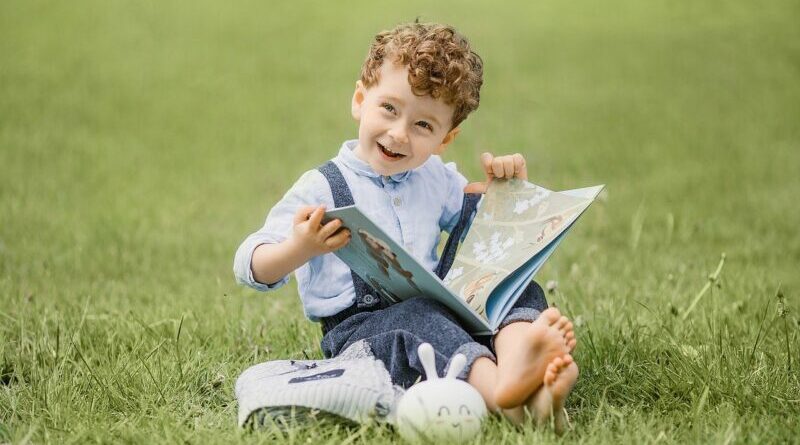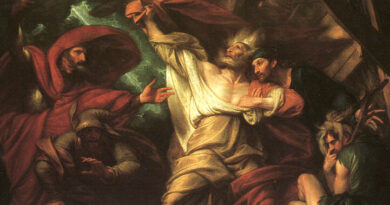Early Childhood Education and Learning Process

Children are naturally born inquisitive and curious, and as such it is their nature to try and learn about everything around them as they encounter it (Holt 287). This bears truth to the fact that this quest is intrinsic, because the children have little extrinsic motivation to the value of learning. Children do not yet have an end in mind when they begin their quest, and as such their motivation is never on the end product-but rather intrinsic (Kohn 273).
According to Guterson (157), children learn through an unconscious and natural process which entails imitation, practice, observation and absorption. This fact, coupled with the intrinsic nature of learning, attest to the assertion by Kohn (277) that learning requires no rewards or extrinsic rewards. Therefore, like many natural learning processes the quest to understand should be facilitated rather than imposed on the child. As a rule of thumb, the educator needs to follow the lead from the child and facilitate the learning process rather than impose the process of learning. This cognizance is quite different from what the current educational systems deliver to the young generation. Current education is too rigid and structured that it does not allow flexibility of exploration or personally paced learning. Out of their innate learning abilities, children never learn to appease or please anyone and as such their urge to learn is natural and should be the dictate to follow when facilitating education, in order to avoid stifling the process. In essence learning is a process that has been in existent for a very long time, and its natural and innate characteristics should be left to dictate how it should happen (Freire n.pag). From the various inquisitions into education and the process of knowledge development, there are a few basic things that emerge. Firstly, education is innate and self propagating, and as such requires no extrinsic influence or intervention, because that may stifle the process. Secondly, education is embedded in the context of life and as such it should not be treated separately from routine processes in life. This is proven by the contextual learning process in which the teacher is expected to mutually interact with the student in a relationship based in inquisition rather than dictation in order to achieve the process of learning (Holt 274).
In contrast to these well formulated principles on learning and the context of education, the current models of education adopted in most parts of the world do not conform to the delivery and acquisition principles. The current modalities can be equated to an oppressive system aimed at imposing knowledge, values and ideals on the young generation. The current systems conceive what is to be learned and opt to deliver it in a mechanical and rigid way that does not permit flexibility or self driven inquisition which is the essence of learning. This rigid nature of conceiving and delivering knowledge does not favor the development of education or learning processes. This is because it tends to emphasize cramming of facts rather than the development of knowledge in its dynamic context. Knowledge is neither rigid nor fixed and as such any insistence on learning about facts is indeed futile and useless. In actual sense, education should be treated as a rolling wheel down the hill, whose course should be made straight and free of obstacles so as to proceed. Any form of strict systematization of learning brings about constriction of the pathway to knowledge acquisition (Freire n.pag). This systematization is what is considered as ‘schooling’ in the current context, and this gets in the way of ‘education’ which is naturalistic in nature and embedded in the day-to-day life. School separates education and life, thus contextually making it out of place in relation to life (Guterson 163). According to Freire (n.pag), even teachers learn in the context of teaching and as such it should not be treated as a one way flow where teachers deliver and students solely act as recipients.
According to Holt (288), the learning process can never be fully understood or conceived because as teachers, it is virtually impossible to get into the children’s understanding in order to consciously comprehend their inadequacies. As such, it is not possible to formulate a fixed or blanket mode of delivery of knowledge. Instead, Freire (n.pag) proposes a non-depositing form of education in which children are treated as conscious entities and not banks to receive knowledge and insight structured according to the adult standards. This mode of education offers a challenge that develops their creative power which helps them develop learning in the context of life. Creativity is a necessary ingredient in the free flow of education development, and the more the learner concentrates on being custodian to what is deposited in him, the lesser his creativity develops. This in turn hinders development of education which is dynamic and in need of a challenging environment in order to develop dynamically according to the times.
In conclusion, education is dynamic, embedded in culture, active and challenging in nature, and any form of its delivery or conception that goes against these standards compromises education. As such, there is a need for contextualization of the process in to society and culture in order for it to attain educational sense. Learning should not be divorced from living and it should be nurtured in sync with day-to-day life (Guterson 159). In the facilitation of this form of education free sharing between the tutor and student should be encouraged in a free environment free of any restrictions. The consideration of these factors is the only way contextual and rich education can be attained.
Works Cited
Freire, Paulo. Pedagogy of the oppressed. New York: Continuum Books, 1993. Print.
Guterson, David. Family matters: Why homeschooling makes sense. New York: Harcourt Brace and Company, 1992. Print.
Holt, John. How children learn. New York: Addison-Wesley Publishing Company, 1995. Print.
Kohn, Alfie. Punished by rewards: The trouble with gold stars, incentive plans, A’s, bribes and other bribes. Boston: NY, Houghton Mifflin Company, 1993. Print.




